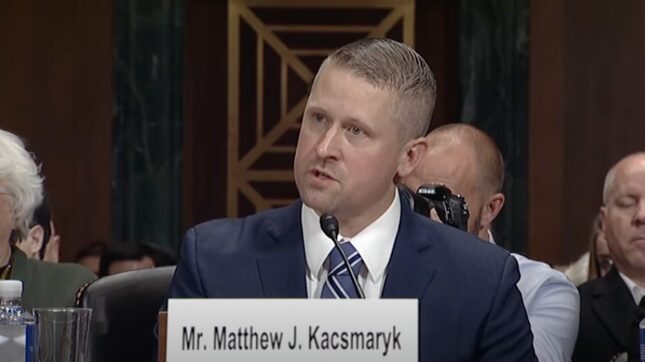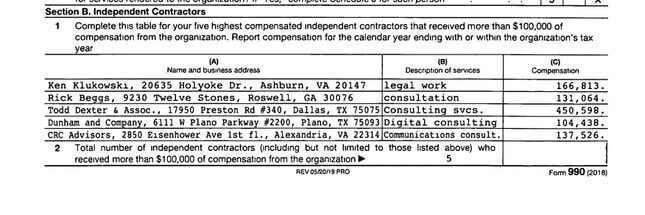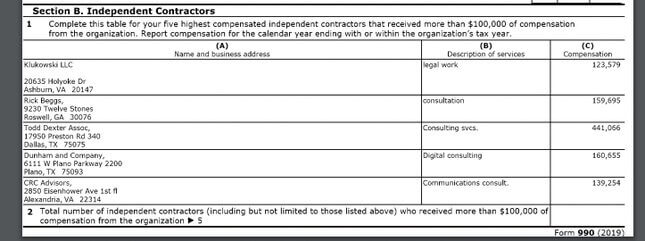The Case That Could Ban the Abortion Pill Nationwide Is in the Hands of the Worst Possible Judge
Matthew Kacsmaryk is a devout Texas Christian with longstanding anti-abortion views and ties to a notorious judicial advocacy group.
AbortionPolitics

Abortion advocates are waiting for a ruling in a lawsuit filed in Texas that could result in the main abortion drug being pulled from the market nationwide. (Such a ruling wouldn’t end all medication abortions, but it would create more confusion and hurdles for patients and providers.) A group of anti-abortion activists filed the suit in a specific federal court district where there is only one judge: Matthew Kacsmaryk. As we learn more about the judge, it’s no surprise why the Christian legal movement specifically chose to play this out on his turf.
A Washington Post story published Saturday explored the extent of the devout Christian’s conservative, anti-abortion beliefs. Kacsmaryk was raised by two born-again Christians near Fort Worth, Texas, and his mother worked with so-called “crisis pregnancy centers.” When his sister got pregnant at 17, she went to live at an anti-abortion maternity home until she gave birth and put the baby up for adoption. Kacsmaryk then served on the board of the maternity home from January 2016 until Donald Trump nominated him for a federal judgeship, but he and his wife are still donors, per the Post. At the time of his 2017 nomination, Kacsmaryk worked as deputy general counsel at the First Liberty Institute, a Christian legal organization. He worked there until his Senate confirmation in June 2019.
Kacsmaryk also has deep connections to the conservative Federalist Society, which have not been previously reported. President Donald Trump picked all three of his Supreme Court justices from a Federalist Society-vetted list that was personally curated by the group’s former executive vice president and current co-chairman of the board, Leonard Leo. The Post reported that Kacsmaryk attended meetings in law school and remains “affiliated” with the group, but that doesn’t adequately describe his ties; Kacsmaryk actually co-founded the Fort Worth, Texas, chapter of the Federalist Society and has spoken at at least 10 of its events, most recently in New Orleans on Friday, February 24—the same day final briefs were due in the abortion pill case.
Leo himself has financial ties to the firm where Kacsmaryk worked immediately before becoming a judge. After Trump first nominated Kacsmaryk in 2017, First Liberty Institute began paying the Leo-aligned firm CRC Advisors over $100,000 a year. At a February 2020 meeting, First Liberty Institute president and CEO Kelly Shackelford bragged about the wide-ranging effort staged by various groups to influence Trump’s selections for federal judges. “Some of us literally opened a whole operation on judicial nominations and vetting,” he said. “We poured millions of dollars into this to make sure the president has good information, he picks the best judges.”
-

-

-

-

-

-

-

-

-

-

-

-

-

-

-

-

-

-

-

-

-

-

-

-

-

-

-

-

-

-

-

-

-

-

-

-

-

-

-

-










































